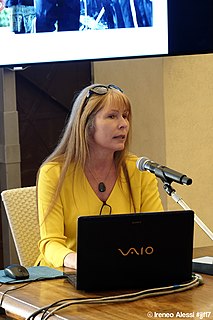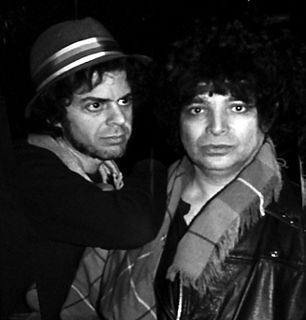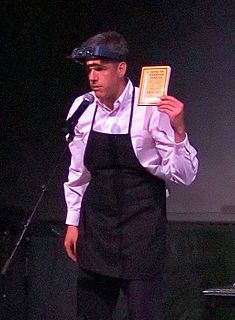A Quote by Hima Das
Our village is very small, so I wasn't surprised when I heard some negative comments from my neighbours on my interest in sports. But nothing mattered, as I always knew what I was doing and why I was doing it.
Related Quotes
I'm an artist living in a small, Scottish village. So one would expect to be treated with some sort of caution. And the village and the farmers have shown enormous tolerance of me and interest in what I do. I mean, they don't necessarily understand what I'm doing all the time. But they, you know, I think they respect what I do and that there is a connection between what they do with the land and what I do, you know, that we're both dependent on weather and respond to that.
We all sorely complain of the shortness of time, and yet have much more than we know what to do with. Our lives are either spent in doing nothing at all, or in doing nothing to the purpose, or in doing nothing that we ought to do. We are always complaining that our days are few, and acting as though there would be no end of them.
around 1977 I became very ... negative, I began to do things unconsciously that I didn't understand, and they were very sabotagistic and I didn't know what I was doing. I was pissing everybody off, I was breaking my bridges. I was hostile to people, I was doing performances and insulting people there - I was doing whatever I could to destroy whatever world I had created ten years before, without knowing, really, why
What interested me the most was that when I [traveled to Europe] I knew what Joseph Beuys was doing, he knew what I was doing, and we both, we just started to talk. How did I know what Daniel Buren was doing, and to an extent, he knew exactly what I was doing? How did everybody know? It's an interesting thing. I'm still fascinated by it because, why is it now, with the Internet and everything else, you get whole groups of artists who have chosen to be regional? They really are only with the people they went to school with.
Figure our what it is you don't do very well, and then don't do it. I'm not beating myself up about doing everything perfectly. The litmus test I always use for myself is: "Okay, if you won 20 million tomorrow in the lottery would you still being doing the same thing you are doing now with your life, Dough? The answer is "yes". I'm always very conscious of that.






































